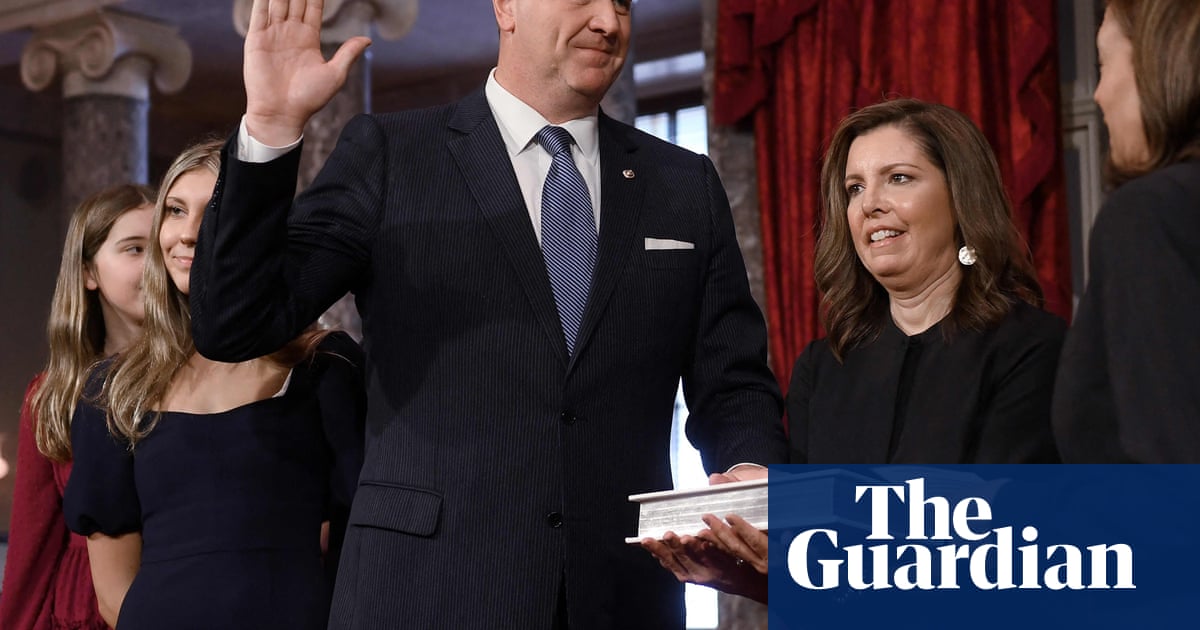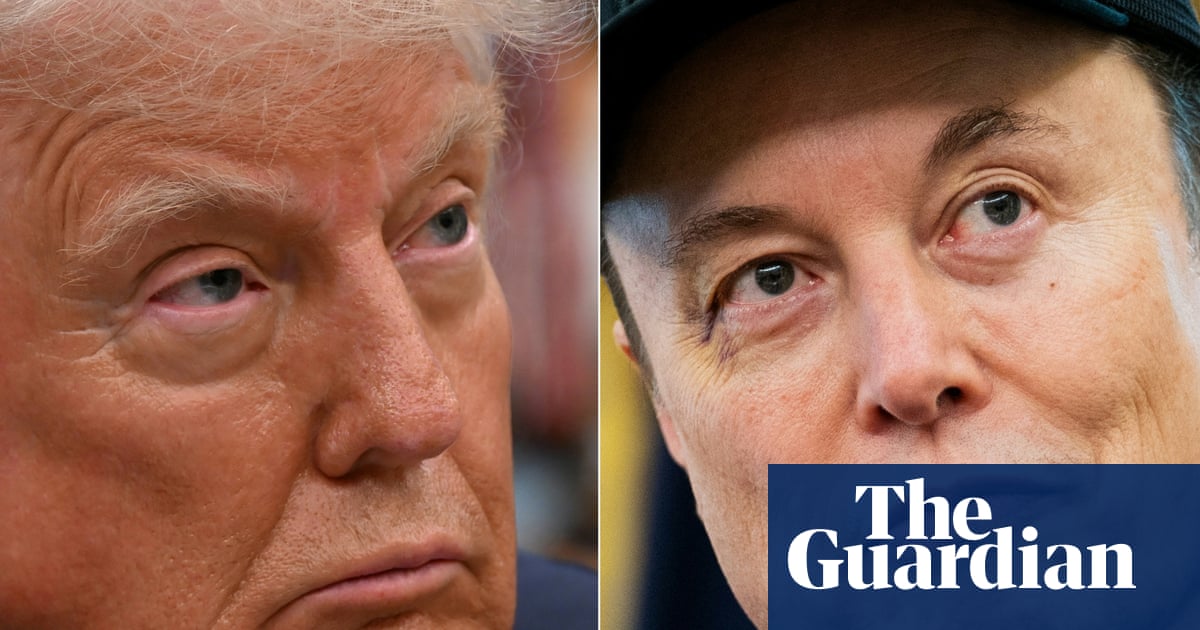The former special counsel prosecutor Jay Bratt asserted his fifth amendment right not to answer questions during a Wednesday deposition before a Republican-led House committee looking for evidence of politicization in the prosecutions of Donald Trump, a spokesman said.
Bratt, who led the federal criminal case over Donald Trump’s alleged mishandling of classified documents as a top deputy to the former special counsel Jack Smith, was invited to testify by the House judiciary committee, which is chaired by the Ohio Republican Jim Jordan, a prominent defender of the president.
“This administration and its proxies have made no effort to hide their willingness to weaponize the machinery of government against those they perceive as political enemies. That should alarm every American who believes in the rule of law,” said Peter Carr, a spokesman for Justice Connection, a network of former justice department staff working to protect our former colleagues and the rule of law.
“In light of these undeniable and deeply troubling circumstances, Mr Bratt had no choice but to invoke his fifth amendment rights.”
The appearance by Bratt, who declined to comment, was the first known instance of a special counsel prosecutor being hauled before the judiciary committee since Trump took office vowing revenge and personally directing the firings of more than a dozen prosecutors who worked for Smith within days of his inauguration.
Republicans on the judiciary committee have long believed that the special counsel cases stemmed from political animus against Trump at the justice department. Jordan declined to comment, as did a spokesman for the committee.
Smith charged Trump in two cases: in Florida, for mishandling classified documents at his Mar-a-Lago club and defying a subpoena commanding their return; and in Washington, for attempting to overturn the results of the 2020 election. Justice department policy does not allow the prosecution of sitting presidents, and Smith dropped both indictments after Trump won re-election last November.
The federal judge Aileen Cannon had in July of last year dismissed the classified documents case, after ruling that Smith had been unlawfully appointed because he was acting at the justice department with the powers of a “principal officer”, which requires confirmation by the Senate. Smith filed an appeal of the decision, which was unresolved at the time of Trump’s election victory in November.
Top justice department officials have made clear that they plan to investigate prosecutors who brought charges against Trump during his four years out of office. Two years ago, after Trump was indicted in Georgia on charges related to tampering with its 2020 election result, the now-attorney general, Pam Bondi, said that justice department prosecutors “will be prosecuted, the bad ones. The investigators will be investigated.”
Trump recently appointed Ed Martin, who temporarily served as the top federal prosecutor in Washington DC, to lead the department’s weaponization working group, which has been tasked with investigating Smith as well as the Manhattan district attorney, Alvin Bragg, and the Atlanta-area prosecutor Fani Willis, both of whom indicted Trump on state charges.
“There are some really bad actors, some people that did some really bad things to the American people. And if they can be charged, we’ll charge them. But if they can’t be charged, we will name them … And in a culture that respects shame, they should be people … that are shamed,” Martin said at a Tuesday press conference.

 German (DE)
German (DE)  English (US)
English (US)  Spanish (ES)
Spanish (ES)  French (FR)
French (FR)  Hindi (IN)
Hindi (IN)  Italian (IT)
Italian (IT)  Russian (RU)
Russian (RU)  3 weeks ago
3 weeks ago
























Comments